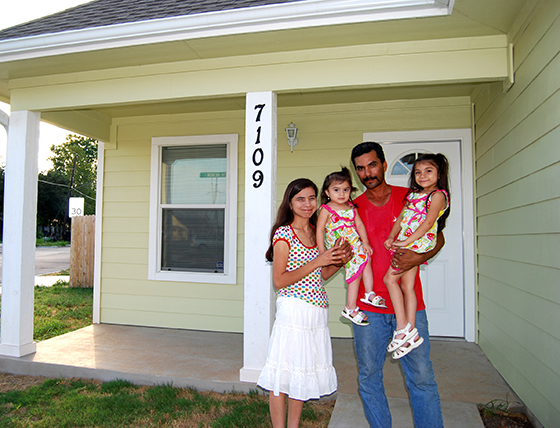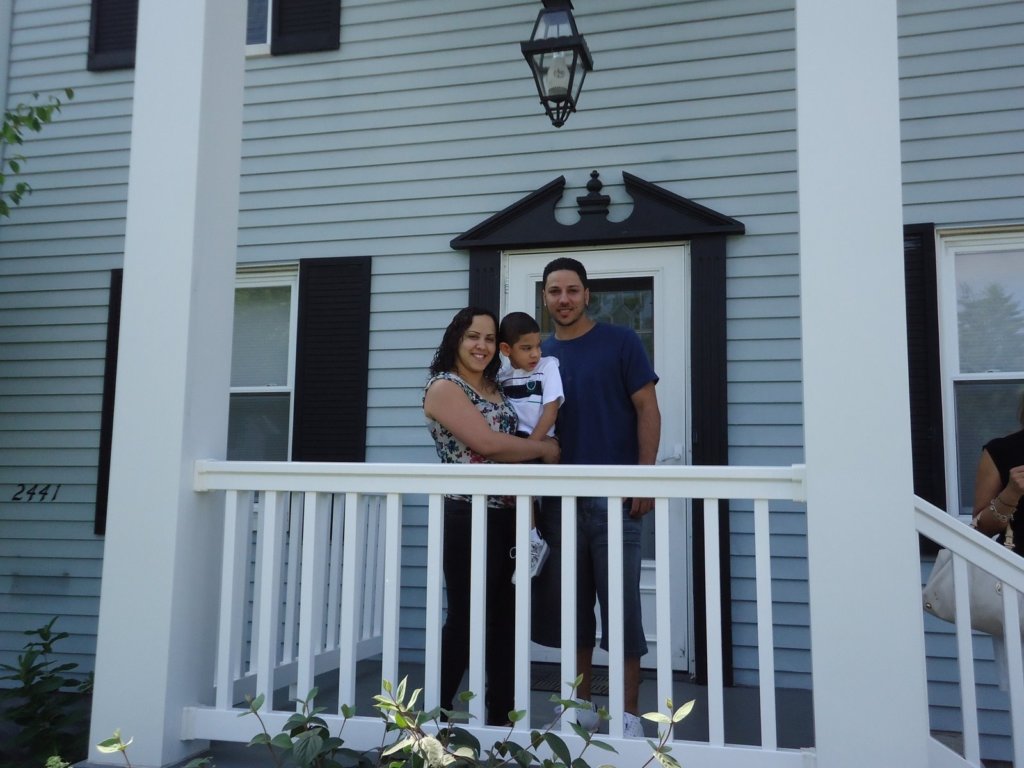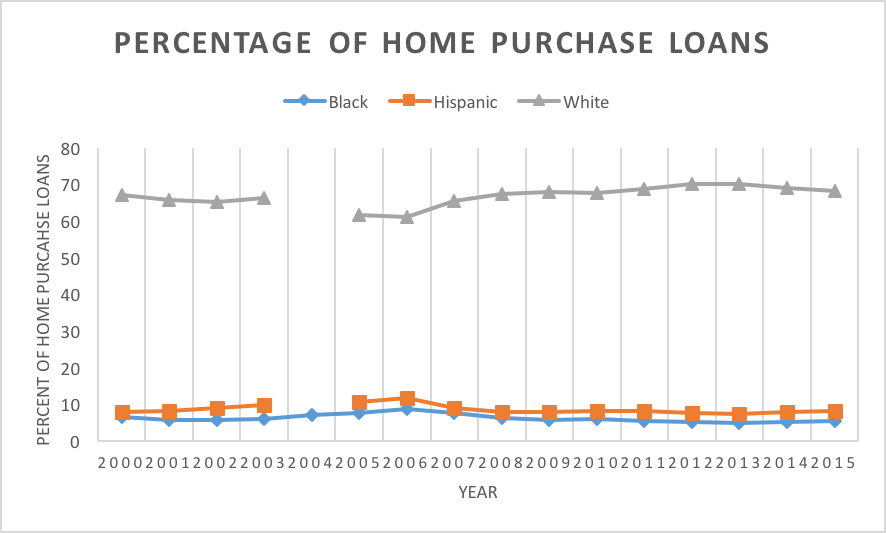Why Isn’t the Federal Housing Finance Agency Doing More to Help Keep People in Their Homes?
By Nancy Wilberg Ricks, Senior Policy Strategist, NCLR
Years after the economic crisis, when financial institutions profited by steering unsuspecting families into risky and expensive home loans, corporations are once again playing the housing market for profit while a majority of low- and middle-income families continue to see the values of their homes flounder.
A recent PBS Newshour piece (video below) reinforced what we have long known: many homeowners could remain underwater—owing substantially more on their mortgage than their home is worth—for a lifetime. In particular, the PBS story highlighted how large states like California and Florida, areas with large Latino populations, continue to experience trouble in the housing market. These ongoing issues are detrimental to the national economy and eliminate homeowners’ ability to pass their single greatest asset—their home—on to the next generation.
Keep up with the latest from UnidosUS
Sign up for the weekly UnidosUS Action Network newsletter delivered every Thursday.
Principal reduction Newshour piece
More than five million homeowners in the United States are paying much more in monthly mortgage payments than their homes are worth. Some homeowners owe anywhere from $60,000 to $150,000 beyond the current value of their house. They are barred from refinancing and are stretched thin in a market where the recovery has been uneven for low- and moderate-income families. Many end up losing their home or remain beholden to a mortgage that far exceeds any return they’ll see on investment.
The Federal Housing Finance Agency (FHFA), which oversees Fannie Mae and Freddie Mac, has the power to permit reasonable and safe principal reductions to help families keep their homes and prevent lenders from taking a substantial hit. While FHFA’s own study indicates that this is a proven win-win, FHFA refuses to make a change. Even more troubling is that families are now losing their homes only to see them bundled and sold to investors at or even below the cost of a reasonably adjusted mortgage. In response to this practice, community organizations rallied earlier this week to discuss this issue with FHFA Director Mel Watt. In addition, many nonprofits, including Hogar Hispano, Inc, a subsidiary of NCLR, run programs that purchase distressed assets from lenders and sell them back to home-ready families at market rate.
Moving from a community of dedicated homeowners to a conglomerate of faceless investors alters the makeup of once-thriving neighborhoods. To truly stabilize the housing market, the FHFA should exercise every option they have to reverse this practice, keep families in their homes, and stabilize communities across the country.



